
PTFE Syringe Filters. PTFE syringe filters are hydrophobic and chemically resistant to all solvents, acids, and bases. PTFE does not impart any extractables to the filtrate. It's an ideal material for transducer protectors because it blocks water vapor. PTFE is ideal for filtering and de-gassing chromatography solvents.
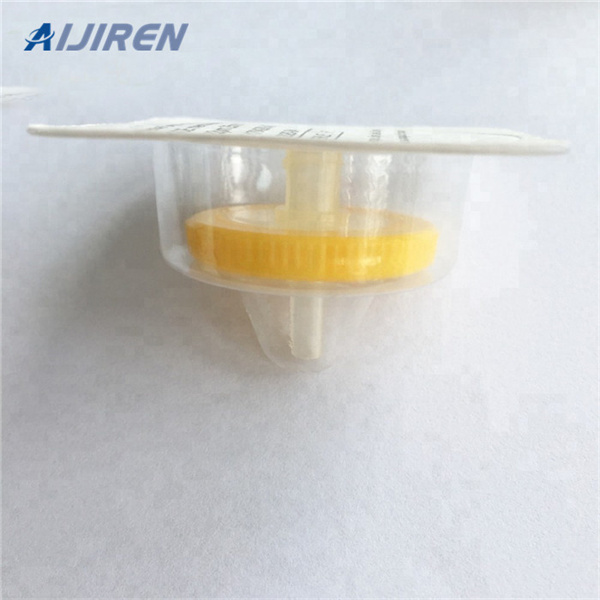
Overview of Non-Sterile Millex® Syringe Filters with Hydrophilic PTFE. • Lowest extractables, optimizing background levels of sensitive analyses like UHPLC and LC-MS. • Filtration of protein-containing solutions, and aqueous or organic solutions. • Available in 0.20 µm and 0.45 µm pore sizes and three diameters to suit your application
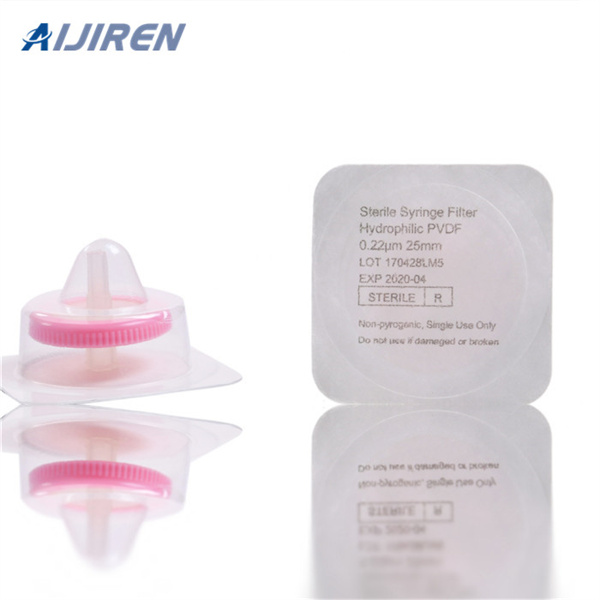
Sartorius Syringeless - Model 17C07FT--480 - Regenerated Cellulose Filter. . The syringeless filter and the simple manual processing enable customers to simplify their sample clarification. Version 07FT--480 has a pore size of 0.2 µm and a package size of 480 non-sterile filters.
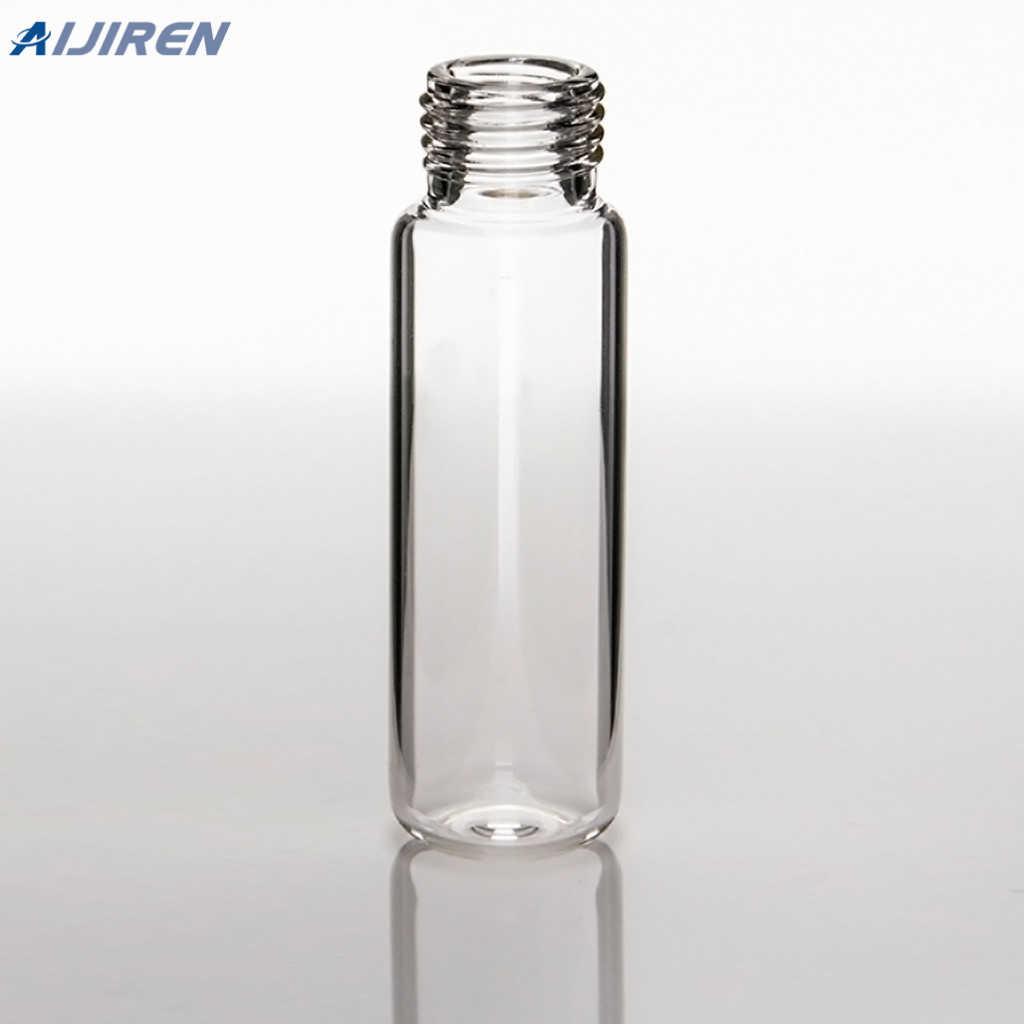
A 33 mm diameter sterile syringe filter with a 0.45 µm pore size hydrophilic Polyethersulfone (PES) membrane. The larger filter surface area increases flow rate and throughput Millipore Express (PES) membranes provide a unique combination of speed and six times less protein binding.
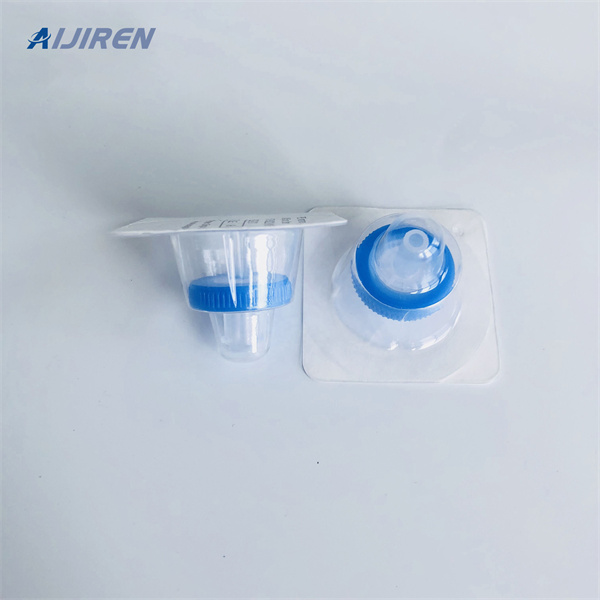
Exel International™ Exel International Syringe Filters. Non-Sterile Syringe Filters; ... Syringeless Filters. Non-Sterile Syringeless Filters; Blowers. Blower ...
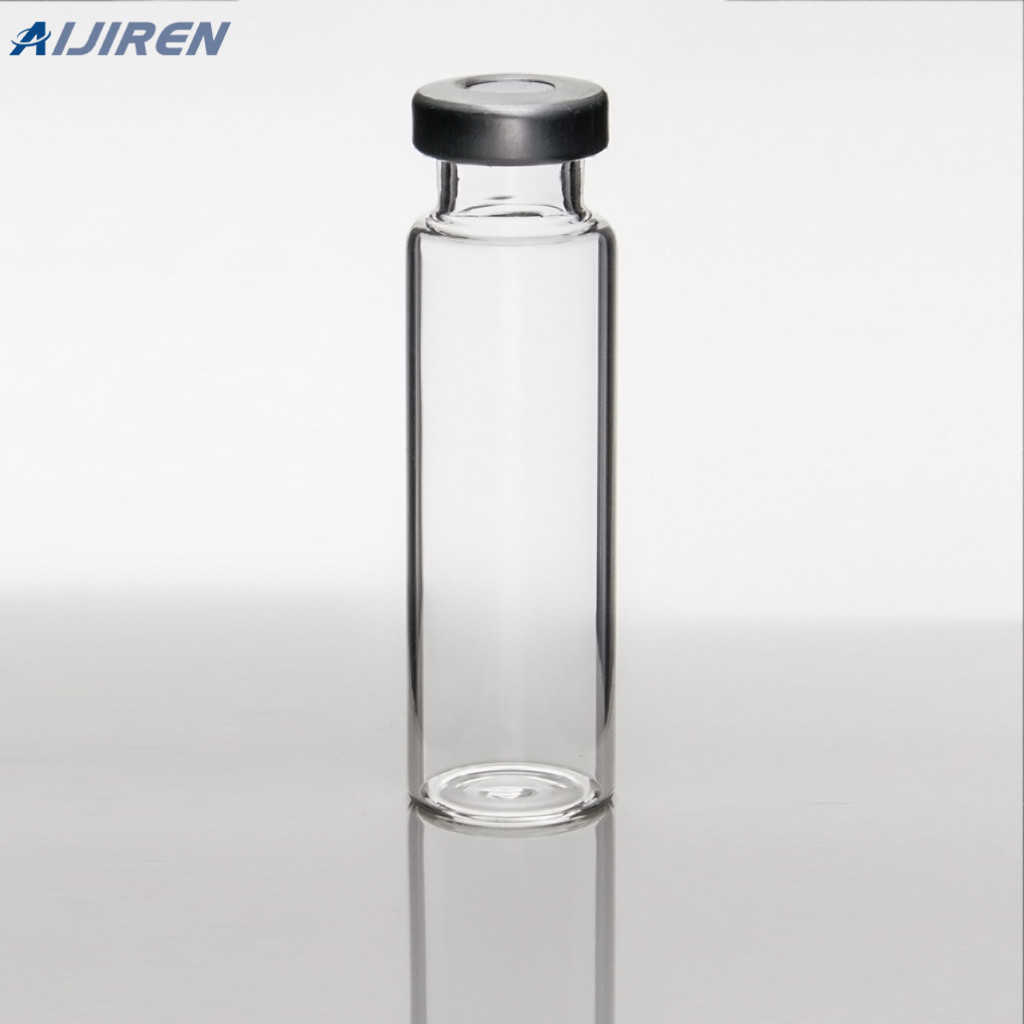
Simsii, Inc. is a leading private supplier of laboratory filtration, including membrane filter and syringe filter such as nylon syringe filters, PES syringe filter, PTFE syringe filter, PVDF syringe filter, MCE syringe filter, PP syringe filter, CA syringe filter, glass fiber syringe filter and more.
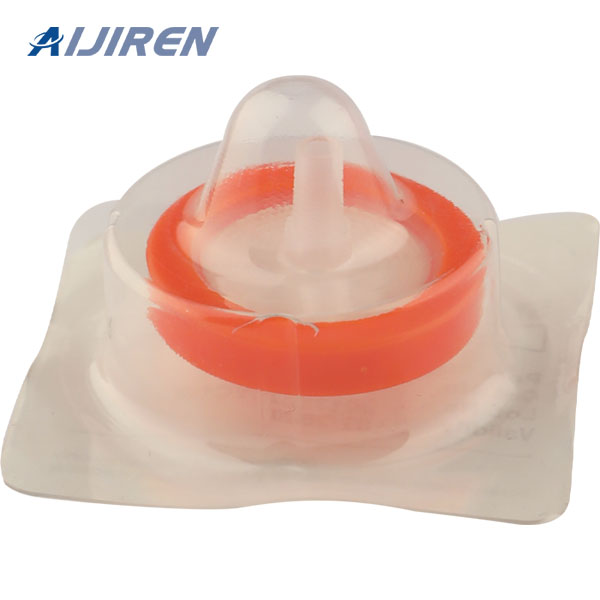
MilliporeSigma. organic solvents. 25 mm syringe filter is recommended for filtering 10–100 milliliter (mL) volumes to remove particles prior to instrumentation analysis Housing is made of high density polyethylene (HDPE) Syringe filter is non-sterile, single-use, and disposable Pack of 1000.
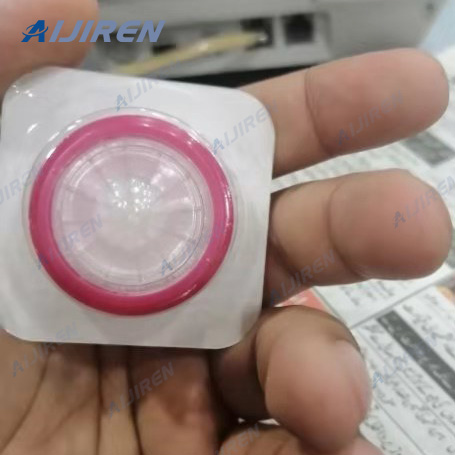
Catalog number: 721-1320. Technical Support Customer Service. Thermo Scientific™ Nalgene™ syringe filters are built to meet your lab’s clarification and sterilization needs. Our filters are available in a variety of sizes and membranes that can be easily used for both sterile and non-sterile laboratory applications.
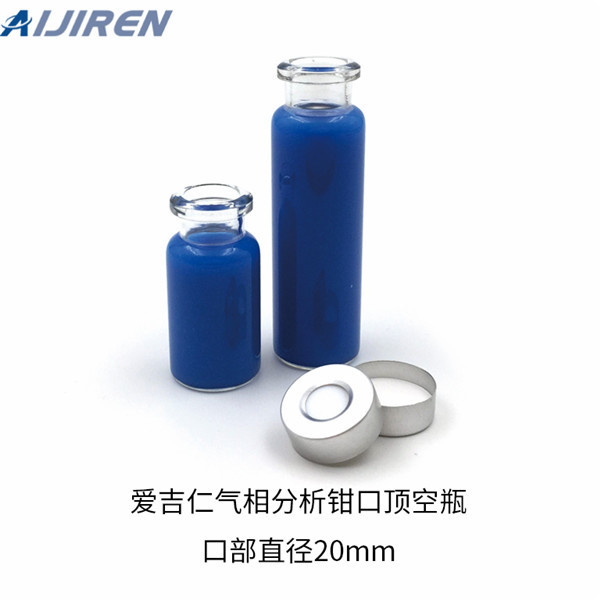
Sterile Syringe Filters, Disposable, PES Membrane, .22µm Pore Size, 30mm Diameter, 30 per Pack. Manufacturer: Research Products International Corp 256131. Syringe filters are ideal for filtering culture media and organic solvents in a wide range of applications. All items are tested for filter efficiency and housing integrity.
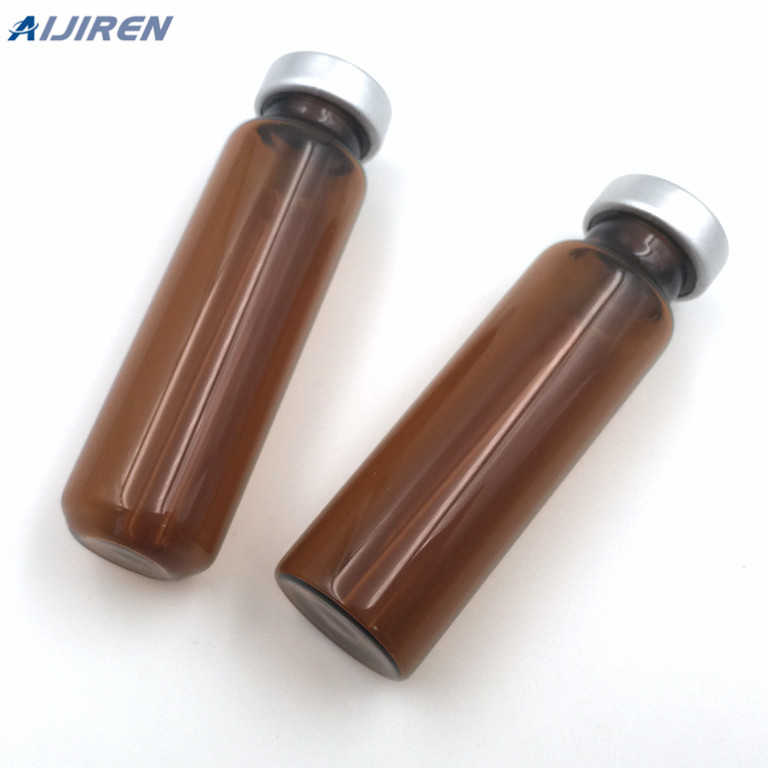
Whatman® UniPrep® syringeless filters PVDF membrane, pore size 0.45 μm; Synonyms: syringe filters,Whatman filter,Z671355,Whatman filters; find -WHAUN113UAQU MSDS, related peer-reviewed papers, technical documents, similar products & more at Sigma-Aldrich
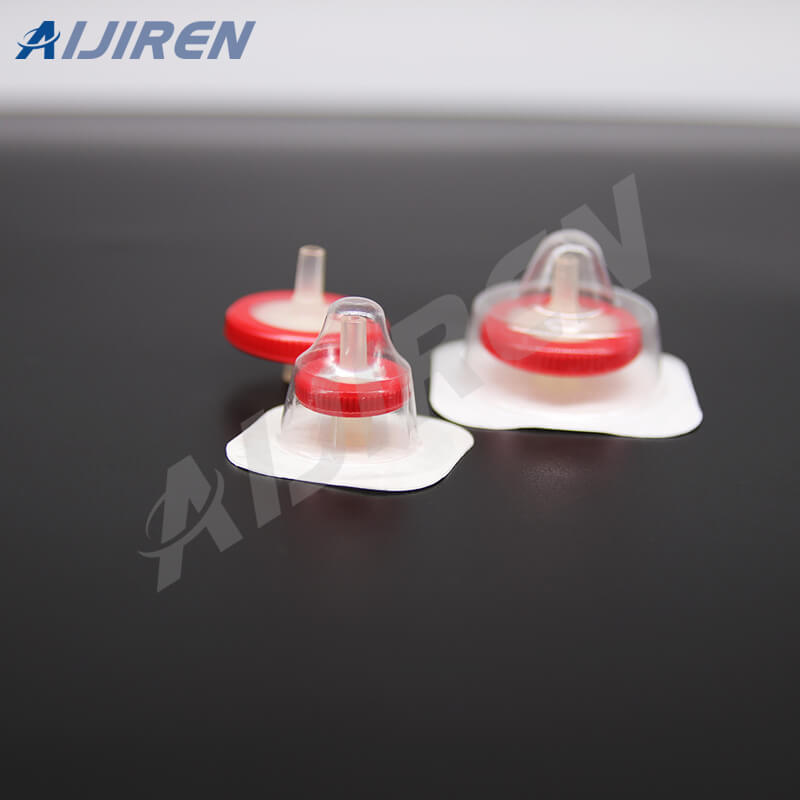
Syringeless Filters. Available in a variety of filter media, syringeless filters allow you to process sample loads in a fraction of the time, providing a quick, economical, and environmentally conservative way to filter samples prior to HPLC analysis. These are preassembled filtration devices specially used in HPLC for the purification and
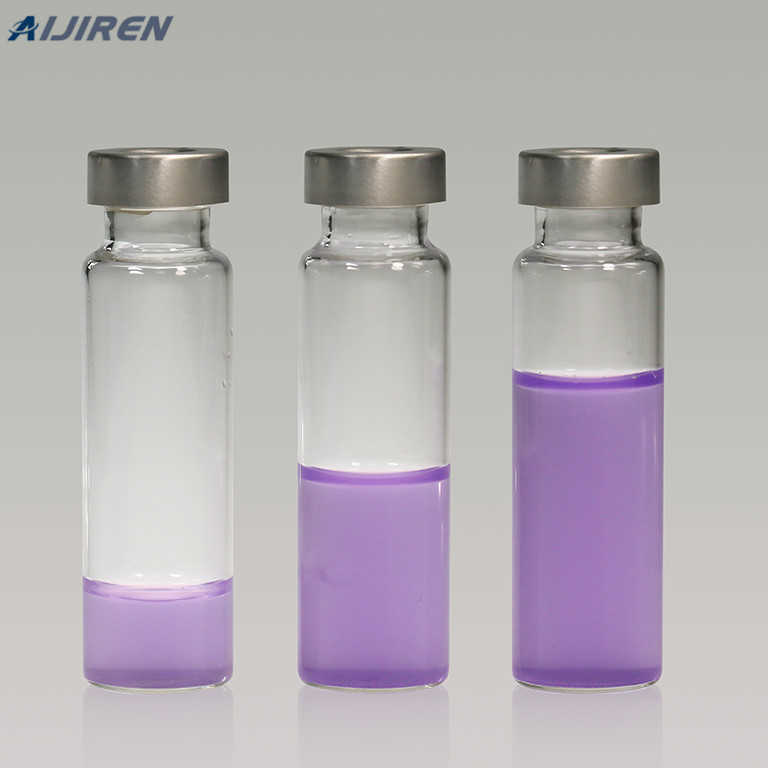
Chromatography. Autosampler Vial Crimpers and Decappers Syringeless and Syringe Filters Fisherbrand™ Sterile Syringe Filter PES ... Fisherbrand™ Sterile ...
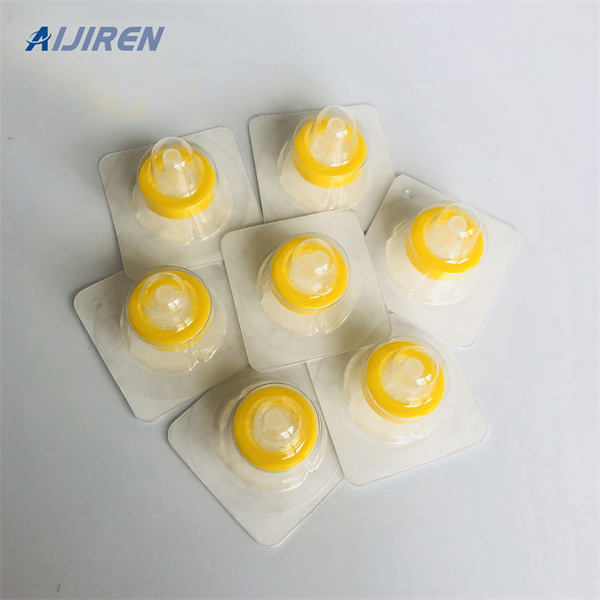
These syringe filters are specifically designed for ion chromatography applications and optimized to provide the most consistent results when analyzing ionic species. Supor® (hydrophilic polyethersulfone) membrane exhibits very low drug and protein adsorption.
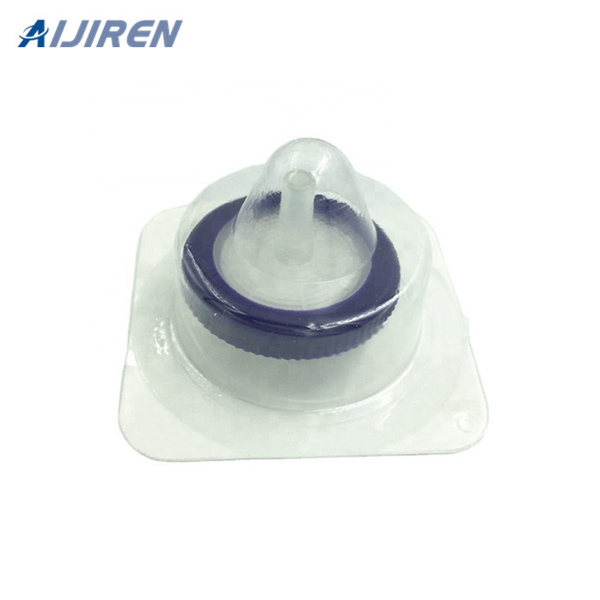
They replace syringe-coupled filtration devices with single, disposable units. Whatman® Mini-UniPrep Syringeless Filters provides efficient and cost-effective sample preparation for HPLC and other applications. They combine four products into one syringeless filter solution for efficient chromatography sample preparation.
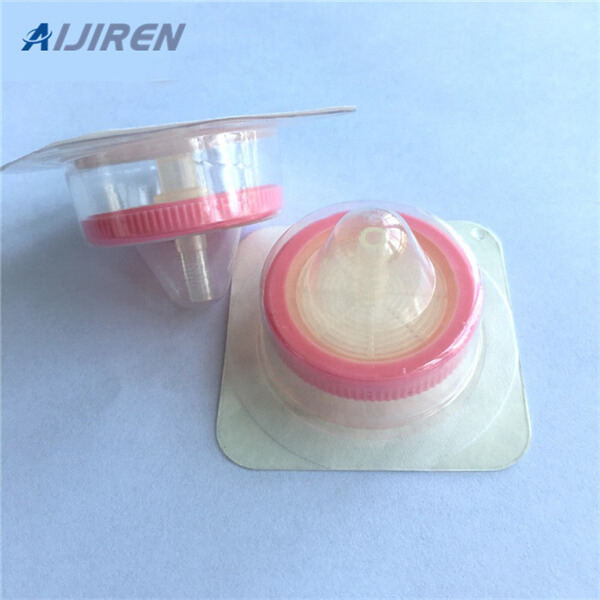
Whatman ® Autovial ™ Syringeless Filters Autovial syringeless filters are preassembled filtration devices for removing particulates from samples. They replace syringe-coupled filtration devices with single, disposable units. Autovial devices are comprised of two parts: a graduated filter barrel and a plunger.